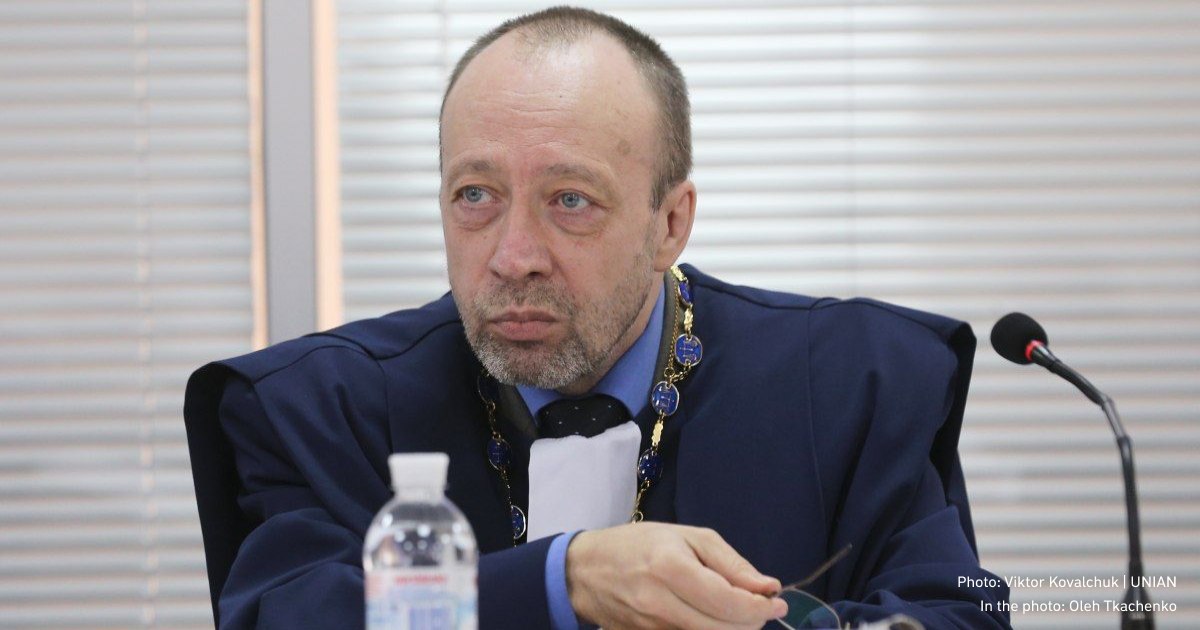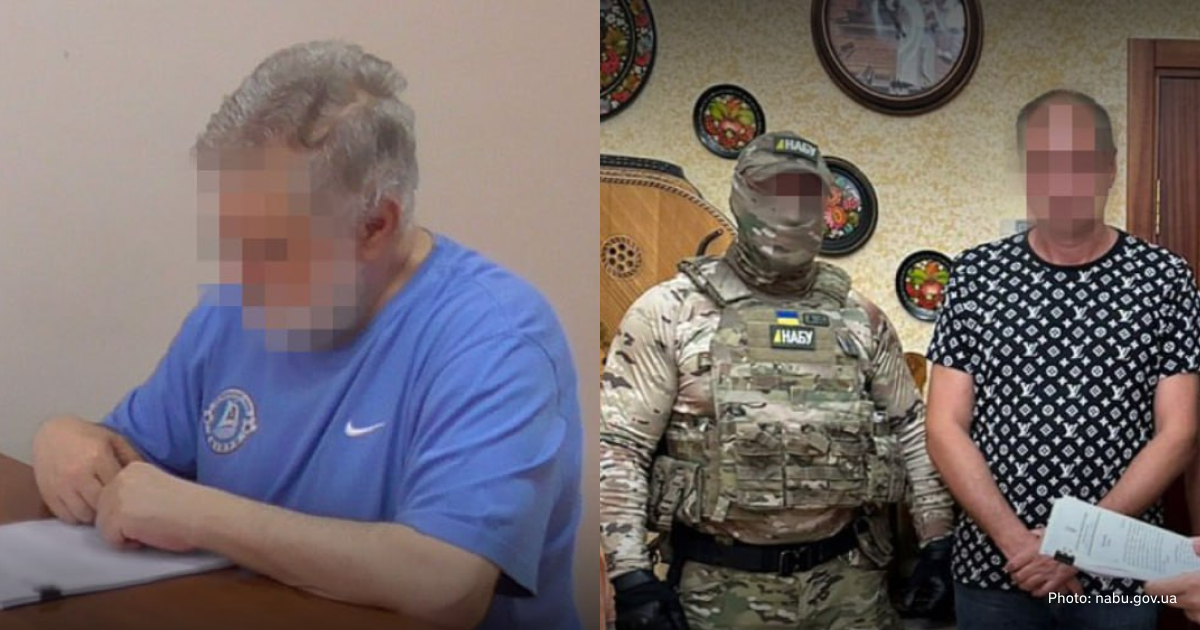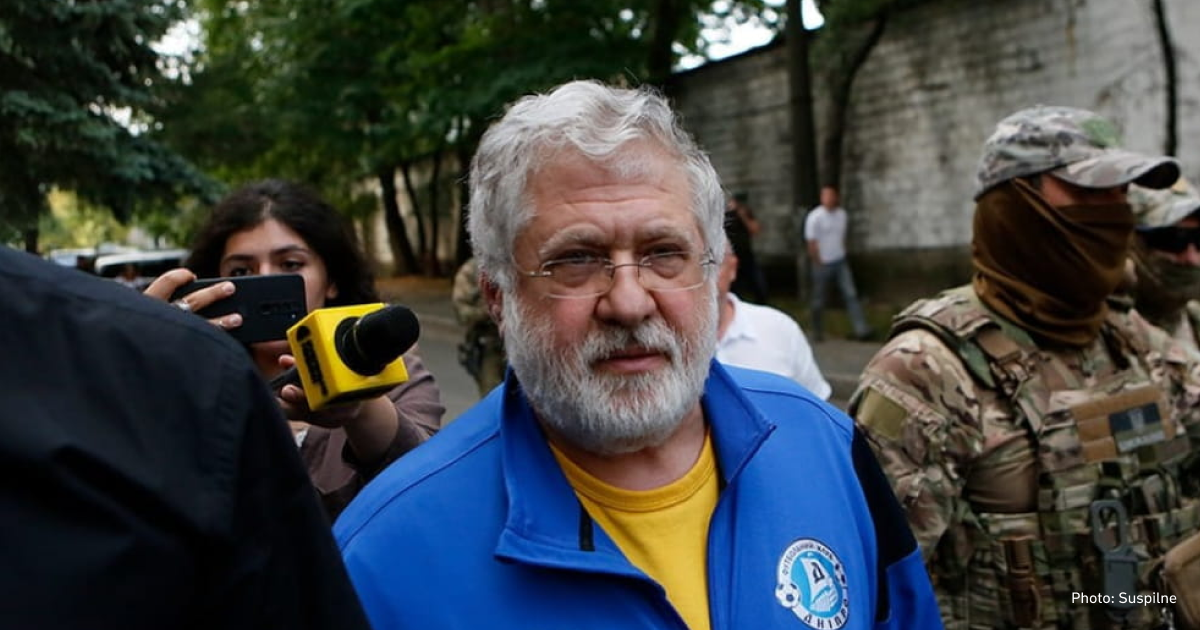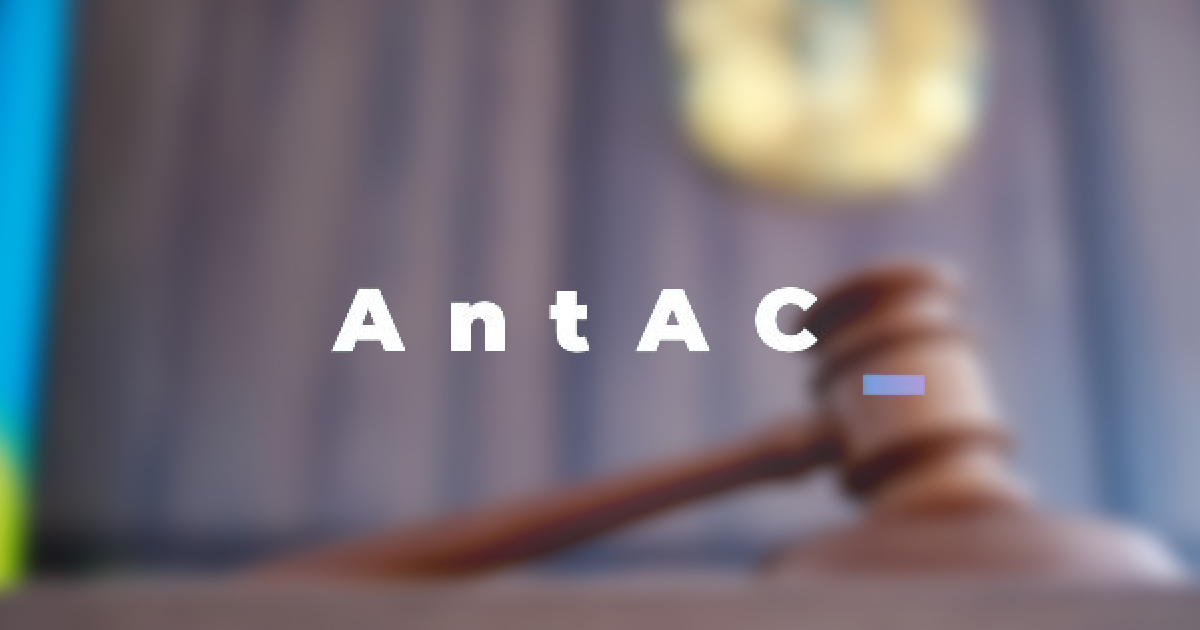Kolomoiskyi case: The HACC finally refuses to grant the suspect a preventive measure. Why?

What happened?
The Appeal Chamber of the Supreme Anti-Corruption Court upheld the decision to close the case against Tetiana Yakymenko, former deputy head of the correspondent bank department of PrivatBank under Kolomoiskyi.
The appeal upheld the decision of investigative judge Oleh Tkachenko, who decided not to impose a preventive measure on Yakymenko and closed the case. The reason is the expiration of the investigation.
The appeal also revoked the bail, closing the case against suspect Konopkina, and also closed the proceedings on the motions for preventive measures against suspects Yaroslav Luhovyi and Tetiana Yakymenko.

In addition, the Court of Appeal upheld the decision to close the proceedings on the application to confiscate the property of six suspects: Ihor Kolomoiskyi, Oleksandr Dubilet, Liudmyla Shmalchenko, Yaroslav Luhovyi, Tetiana Yakymenko and Nadiia Konopkina.
According to the appeal, the investigation period in the case ended in May 2023. The judges reached this conclusion by referring to the Lozovyi amendments — the Criminal Procedure Code amendments limiting the investigation period. Svidomi previously explained the Lozovyi amendments and how they led to the closure of cases against top corrupt officials.
What was the case?
The case concerns the embezzlement of UAH 9.2 billion from PrivatBank. On September 7, the NABU, in coordination with the head of the SAPO, served the former ultimate beneficial owner of PrivatBank, Ihor Kolomoiskyi, and five members of the group organised by him — Oleksandr Dubilet, Liudmyla Shmalchenko, Yaroslav Luhovyi, Tetiana Yakymenko and Nadiia Konopkina — with a notice of suspicion of misappropriation of the bank's funds.
In January–March 2015, Kolomoiskyi developed a plan to finance an offshore company under his control and increase his share in the bank's charter capital. The bank was artificially obliged to pay this company more than UAH 9.2 billion to buy back its bonds at an inflated value.

In February 2002, NABU and SAPO informed former bank officials of suspicions of embezzlement of more than UAH 136 million through an insurance payment scheme. A month later, the suspicions were updated with a new episode, adding the embezzlement of almost $315 million (about UAH8.2 billion) through a letter of credit scheme.
In September 2022, another episode was added to the list of suspicions — embezzlement of UAH 85.2 million.
Why did it happen?
Transparency International Ukraine explains that on March 16, 2018, amendments to the Criminal Procedure Code came into force, particularly regarding the pre-trial investigation period, i.e., the Lozovyi amendments.
Until then, the pre-trial investigation period was calculated from the date of notification of suspicion. Starting from 2018, this period begins when the criminal proceedings are registered in the Unified Register of Pre-trial Investigations.
"In this context, it is important to remember that the final provisions of the law stipulate that the above-mentioned rules shall come into force three months after the entry. These changes do not have retroactive effects and apply to cases in which information about a criminal offence was entered into the Unified Register of Pre-trial Investigations after the entry of these changes into force. However, the law does not regulate the merger of criminal proceedings registered before and after 2018," TIU explained.

The misappropriation of UAH 9.2 billion from PrivatBank occurred in 2015-2016, and the investigation began in 2017. Law enforcement officers registered the case in the Unified Register of Pre-trial Investigations on May 11, 2018. The proceedings were later merged.
"Despite the lack of formal grounds for applying the Lozovyi amendments in the criminal proceedings, HACC judge Tkachenko used them when calculating the pre-trial investigation timeframe.
However, there was no specific answer to the question of the expiry date of the pre-trial period. It was based on the date of the start of the investigation ( March 6, 2017) and decided that the term expired either on September 7, 2018 (when the 18-month pre-trial investigation period expired) or on February 27, 2022 (when several people were notified of suspicion, the materials on which were separated from this criminal proceeding on August 19, 2022)," the TIU said.
What is the response of anti-corruption activists?
The Anti-Corruption Action Centre says that the motion to seize Kolomoiskyi's assets alone referred to shares in the authorised capital of 307 legal entities worth over UAH 3 billion, almost 1,000 real estate objects, and over 1,600 vehicles and ships.
Anti-corruption activists explain that the seizure of assets was necessary to ensure possible confiscation or special confiscation in case of a future court verdict.

However, the court did not consider the motion for seizure and preventive measures and closed the proceedings. Following the appeal decisions, the case will likely have to be closed.
"Although both the Kolomoisky case and dozens of other top cases could have been pursued by cancelling Lozovyi amendments. However, deputy from the Servant of the People party, Ionushas, and the Law Enforcement Committee under his control do not want to include the relevant provisions in the draft law on SAPO reform. Thus, he disregarded the position of the G7 ambassadors," the Anti-Corruption Action Centre added.
Earlier, Vitalii Shabunin, Chairman of the Board of the Anti-Corruption Action Centre, said that the Verkhovna Rada Committee on Law Enforcement, headed by People's Deputy Serhii Ionushas, is blocking the cancellation of Lozovyi amendments.


